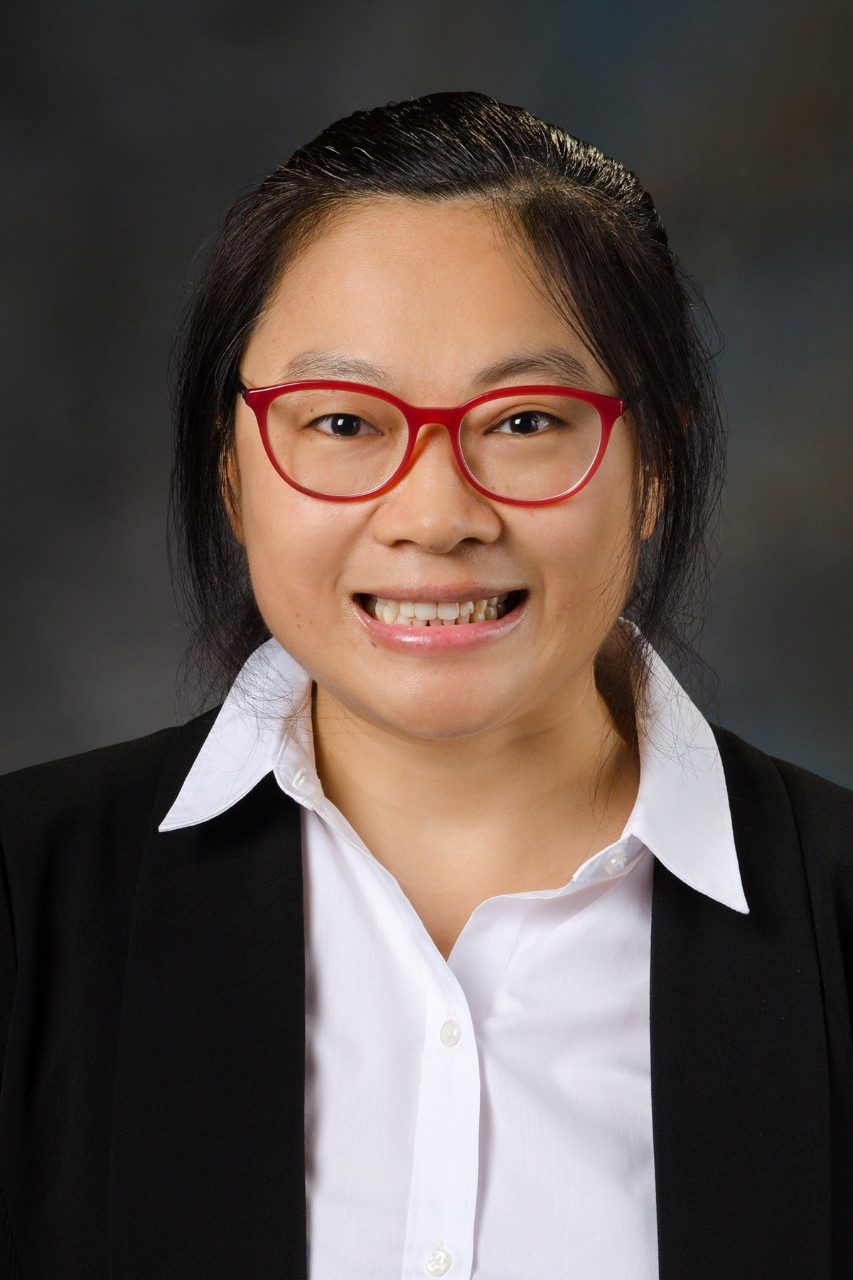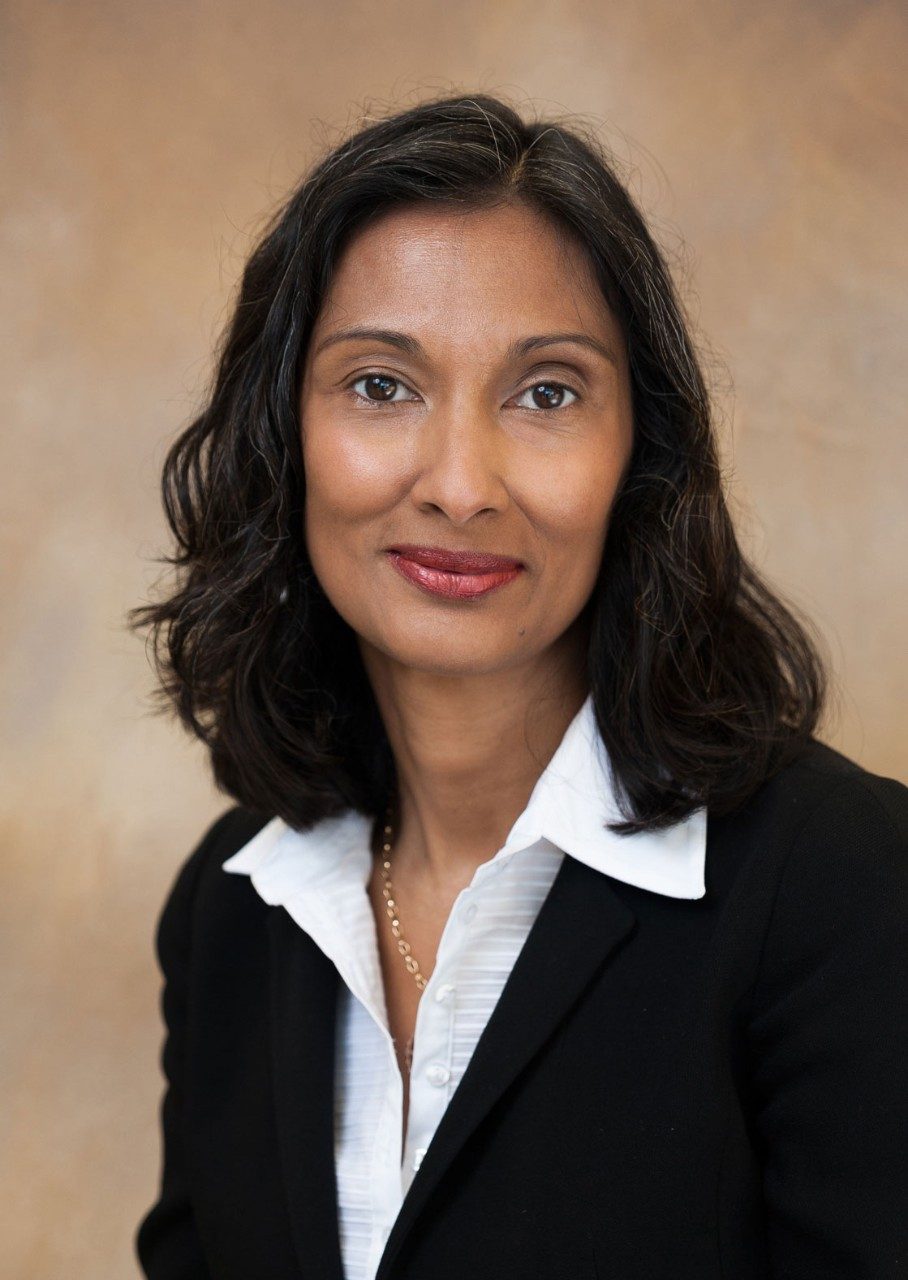Women in science: 3 cancer researchers' perspectives
BY Devon Carter
March 26, 2021
Medically Reviewed | Last reviewed by an MD Anderson Cancer Center medical professional on March 26, 2021
From Marie Curie’s discovery of radium that eventually led to radiation therapy, to the pioneering work in chemotherapy by Jane Cooke Wright, M.D., women have long been driving novel scientific discoveries in cancer. Their work has advanced our understanding of this complex disease and led to new and better ways to treat patients.
The legacy of these women scientists is echoed in the work of today’s female researchers, including many at MD Anderson. We asked Linghua Wang, M.D., Ph.D., Guillermina Lozano, Ph.D., and Padmanee Sharma, M.D., Ph.D., to share what drove them to pursue careers in cancer research, how they’ve overcome challenges related to their sex and their advice for the next generation of young women.
What inspired you to pursue a career in cancer research?
Wang: I started my doctorate in pancreatic cancer research in 2008 because I was curious about what genomic alterations lead to this lethal disease and how. I enjoyed learning new sequencing technologies and bioinformatics skills and have become more interested in that.
There are still lots of questions unanswered in this field, and I am excited about the opportunities to play a role in advancing our scientific understanding of the cellular and molecular basis of cancer. It will be truly amazing to see how our novel discoveries are translated into improved patient care in the future.
Lozano: After completing my doctorate, I chose a postdoctoral fellowship with Dr. Arnold Levine (co-discoverer of the p53 tumor suppressor) at Princeton University. I did this because 1) his lab could manipulate the genome of a mouse and 2) his lab was collaborating on characterizing the first tumor mouse model. It expressed SV40 T antigen and developed choroid plexus papillomas.
Sharma: I completed my medical degree and doctorate in immunology in 1998. I then went to New York to join the internal medicine residency program at Weill Cornell Medicine. At that time, I met Dr. Lloyd Old, a renowned scientist in the field of cancer immunology, and joined his laboratory as a postdoctoral fellow. My work in his lab focused on identifying T cell responses to tumor antigens. Working with Dr. Old made me realize that the immune system could potentially be manipulated to treat cancer patients.
In 2000, I decided to pursue a fellowship in medical oncology at Memorial Sloan Kettering Cancer Center. Having expertise in both oncology and immunology provided me with a strong foundation to pursue a career in cancer research. As a physician-scientist, I joined MD Anderson in 2004 as an assistant professor in Genitourinary Medical Oncology and Immunology. This provided a strong translational environment to nurture my career as an oncologist and an immunologist.
How have you overcome challenges in your career based on your sex?
Wang: As a mom of three little kids, the first thing that I learned was how to better manage my time. It’s all about planning when it comes to reaching your fullest potential every single day.
Lozano: I’ve been fortunate to have some very supportive mentors, both men and women, within and outside my institution. It is critical to establish these relations and be willing to ask for help in tough situations.
Sharma: As an immigrant woman of color, I’ve absorbed a lot of discriminatory remarks throughout my career. Although the remarks always hurt in the moment, I found a way to use them as fuel for my motivation to keep pushing forward and to let my work speak for itself. I found great mentors whom helped me to gain confidence in my scientific ideas and whom provided platforms for me to find my voice as a scientist. Now, I see myself as an advocate for women in science and medicine.
What is your advice for young women considering a career in research?
Wang: It is important to identify a niche that you feel you are best suited for. You should think about your passions and interests and find what that makes you happy and motivated.
It is equally important to build and grow your collaboration network. Identifying the right collaborator is crucial to your successful career.
Lozano: Go for it – it’s too much fun. But keep in mind that it is a long trajectory.
Sharma: Follow your passion, be persistent, have confidence in yourself and your ideas, and find supportive mentors.
Request an appointment at MD Anderson online or by calling 1-877-632-6789.
Go for it – it’s too much fun.
Guillermina Lozano, Ph.D.
Researcher

Linghua Wang, M.D., Ph.D.

Guillermina Lozano, Ph.D.

Padmanee Sharma, M.D., Ph.D.
